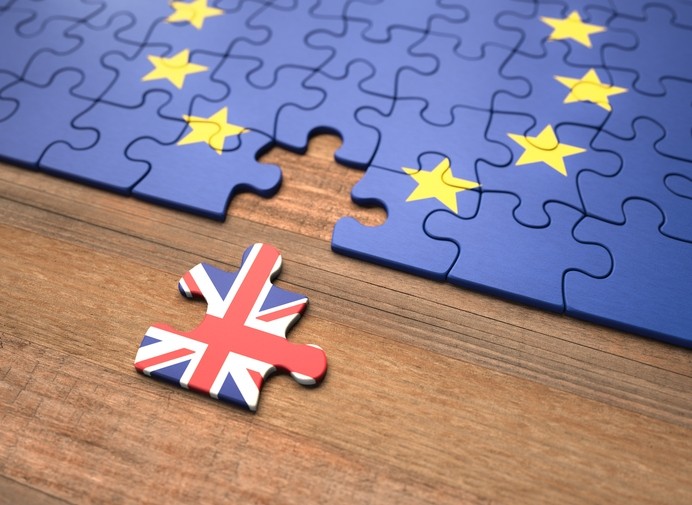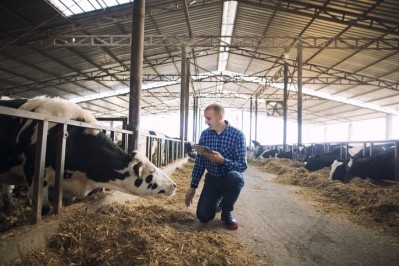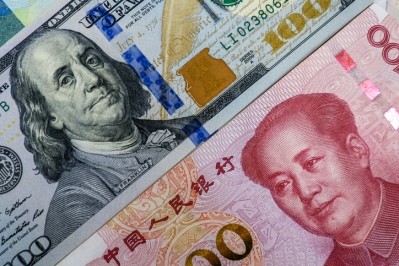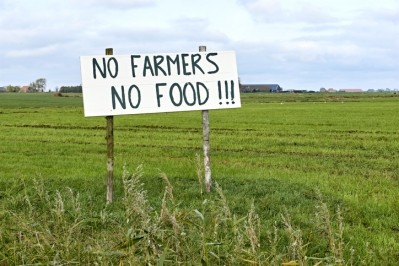UK and EU agri-food chain in guarded welcome for Brexit deal

Representatives of feed companies told us they were still trying to digest the likely impact of such a deal, and, thus, would only be able to comment in the coming days.
The National Farmers Union (NFU) in the UK has given the accord a cautious welcome.
NFU president, Minette Batters, said that the deal might pay the way for an orderly Brexit and the avoidance of leaving without a deal.
“However, we must remember that if this deal is agreed by UK and EU parliaments in the coming days, it only determines how the UK withdraws from the EU and does not determine the long-term future of the UK’s and EU’s relationship.
“It is vital that government has a long-term aspiration to ensure that British farming standards are not undercut by an ambition to open up British markets to food which would be illegal to produce here and that there is free and frictionless trade with the EU in the long term.
“We have had precious little reassurances on these issues so far and we look to government to be clear about its ambitions for British farming, which provides affordable, safe home-grown food produced to some of the highest standards in the world.”
Ian Wright, chief executive of the UK’s Food and Drink Federation, was more negative in his appraisal of the agreement.
“In our view, when compared with the deal secured by Theresa May, this deal represents a backward step in terms of securing frictionless trade with the EU. It also sets us on course for regulatory divergence from our largest overseas market on critical food safety, science and quality issues – areas where we are world-leading. Both of these will increase costs for businesses and consumers alike, and undermine the success of the UK's food and drink industry – an industry already burdened by extensive, diverting and costly planning for a no-deal exit.”
EU farming lobby, Copa and Cogeca, FoodDrinkEurope and other members of the EU agri-food chain reacted positively to the development: “This deal paves the way for an orderly withdrawal, a principle that the EU agri-food chain has been repeatedly calling for, thereby providing predictability to operators.”
They said the revised deal confirms the ambition to conclude a Free Trade Agreement (FTA) with zero tariffs and quantitative restrictions between the EU and the UK.
“Despite the welcomed commitment to maintaining customs and regulatory convergence in future, we will not be able to replicate the advantages of the EU customs union and single market through an FTA. However, we hope to find a solution that is as close as possible to the current customs and regulatory agreement.”
A hard Brexit would have been detrimental for EU and UK farmers, food and drink manufacturers, traders in agri-food commodities as well as consumers, they added, noting that in 2017, EU27 agri-food exports to the UK amounted to €41bn while UK exports to the EU reached €17bn.
“This trade, and the businesses behind it, employ 44 million people across the EU28, reflecting the degree of integration and complexity of the food supply chain.”
The outline of the agreement
Johnson urged MPs to get the deal over the line at Westminster when the UK parliament debates the agreement in a special sitting on Saturday. However, the Democratic Unionist Party (DUP), which Johnson's government relies on for support in key votes, has made it clear its refusal to support the deal.
The agreement also still needs the approval of the European parliament.
Most of the new agreement is the same as that secured by Theresa May last year, but the details around the thorny issue of the ‘backstop’ have been amended in the deal struck by Johnson.
Northern Ireland will leave the EU customs union and instead remain a part of the UK’s customs territory, so it will be included in any future trade deals struck by the government after Brexit. However, EU customs procedures would still apply on goods coming into Northern Ireland from Great Britain in order to avoid checks at the border. The Northern Ireland Assembly would also have to endorse those arrangements on an ongoing basis.
NI business reaction
Meanwhile, Northern Ireland business groups have been giving their reaction to the deal, as per a story in The Irish News.
Tina McKenzie, who chairs the north's largest business body, the Federation of Small Businesses (FSB) is awaiting more concreate information on the agreement.
“On the face of it, this deal provides Northern Ireland with tariff free trade with both the EU market and with the rest of the UK,” she said.
Stephen Kelly of Manufacturing NI said the work could begin to discuss the nature of the future EU-UK trade relationship. He said while significant new trade frictions could arise, he urged MPs to approve a deal and escalate work to secure a long-term free trade relationship with the EU.
Ulster Bank chief economist, Richard Ramsey, commented on the deal in a tweet, saying that the new deal is worse than Theresa May's one:
A good deal for hard Brexiteers. A bad deal for advocates of a soft Brexit and Remainers. Significantly worse for the NI economy than May's deal. More bureaucracy, red tape & complexity. Adding to the costs of doing business. NI to become a spectator on any UK trade deals?
— Richard Ramsey (@Ramseconomics) 17 October 2019











